The Americans with Disabilities Act (ADA) is a federal law that prohibits discrimination against individuals with disabilities in various areas, including employment, public accommodations, and services. As a small business owner, compliance with the ADA ensures that your workplace and business operations are accessible and inclusive. The law applies to businesses with 15 or more employees under Title I (employment) and to all businesses that serve the public under Title III (public accommodations).
Under Title I, employers cannot discriminate against qualified individuals with disabilities in hiring, job assignments, promotions, or termination. Employers must also provide reasonable accommodations to employees with disabilities unless it causes an undue hardship (significant difficulty or expense). Accommodations can include modified work schedules, assistive technologies, or changes to the work environment to enable employees to perform their jobs effectively.
For businesses open to the public, Title III requires that facilities be accessible to individuals with disabilities. This includes ensuring entrances, restrooms, and customer service areas comply with the ADA Standards for Accessible Design. Simple modifications, such as installing ramps, widening doorways, or providing alternative services when structural changes aren’t possible, can help meet these requirements.
Non-compliance with the ADA can result in lawsuits, fines, and reputational damage. The Equal Employment Opportunity Commission (EEOC) enforces employment-related provisions, while the Department of Justice (DOJ)oversees public accommodations. Small businesses should review their hiring practices, workplace policies, and physical spaces to ensure compliance. Consulting with an ADA specialist or legal expert can help address specific concerns and avoid legal risks.
